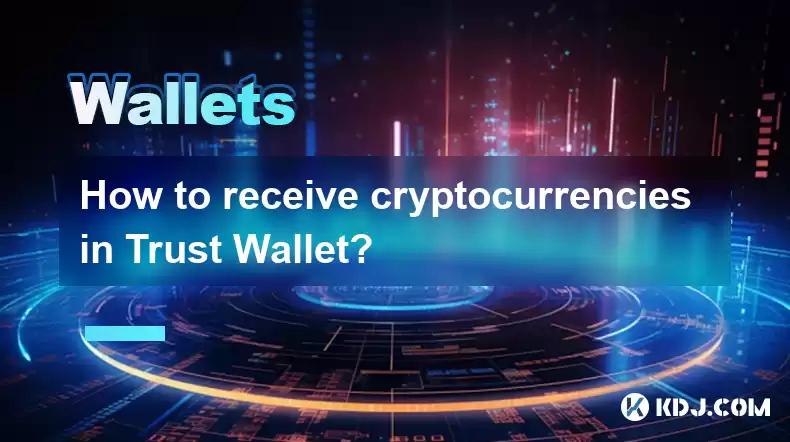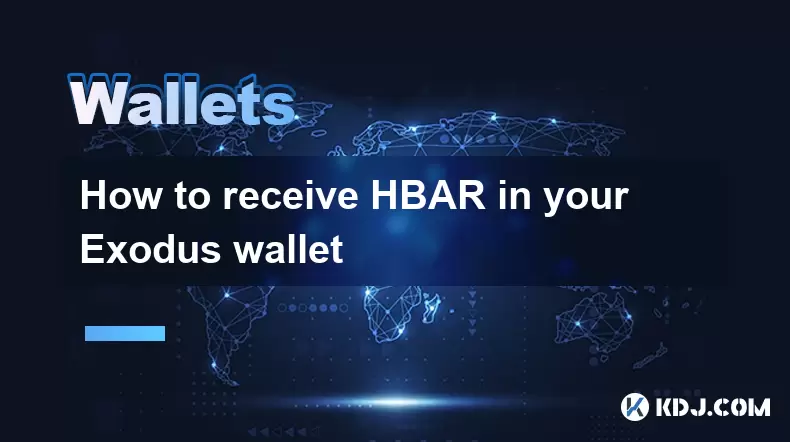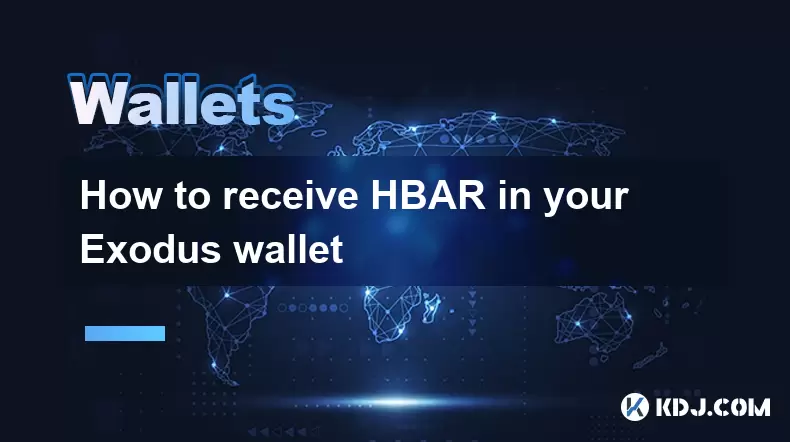-
 Bitcoin
Bitcoin $116400
-0.36% -
 Ethereum
Ethereum $4033
3.40% -
 XRP
XRP $3.302
-1.26% -
 Tether USDt
Tether USDt $1.000
-0.02% -
 BNB
BNB $796.1
1.67% -
 Solana
Solana $177.8
1.89% -
 USDC
USDC $0.9999
0.00% -
 Dogecoin
Dogecoin $0.2314
4.09% -
 TRON
TRON $0.3381
0.14% -
 Cardano
Cardano $0.7989
1.22% -
 Stellar
Stellar $0.4496
-1.84% -
 Chainlink
Chainlink $20.42
9.42% -
 Hyperliquid
Hyperliquid $41.17
0.88% -
 Sui
Sui $3.914
3.77% -
 Bitcoin Cash
Bitcoin Cash $584.7
1.52% -
 Hedera
Hedera $0.2632
-0.54% -
 Avalanche
Avalanche $24.09
3.40% -
 Ethena USDe
Ethena USDe $1.001
-0.02% -
 Litecoin
Litecoin $123.2
1.33% -
 Toncoin
Toncoin $3.318
-0.04% -
 UNUS SED LEO
UNUS SED LEO $8.984
-0.05% -
 Shiba Inu
Shiba Inu $0.00001323
2.85% -
 Uniswap
Uniswap $10.90
4.41% -
 Polkadot
Polkadot $3.999
3.34% -
 Dai
Dai $1.000
0.01% -
 Cronos
Cronos $0.1630
9.64% -
 Bitget Token
Bitget Token $4.484
0.82% -
 Monero
Monero $272.4
2.44% -
 Pepe
Pepe $0.00001173
6.03% -
 Aave
Aave $290.8
2.88%
How to receive cryptocurrencies in Trust Wallet?
To receive crypto in Trust Wallet, locate your unique address for each currency, share it securely, and confirm transactions, ensuring accuracy to avoid fund loss.
Mar 28, 2025 at 02:50 pm

Understanding Trust Wallet's Receiving Process
Trust Wallet, a popular mobile cryptocurrency wallet, offers a straightforward method for receiving various digital assets. The process leverages your wallet's unique address, a string of alphanumeric characters assigned to your account. This address acts like your digital bank account number; anyone sending you cryptocurrency needs this to complete the transaction. Understanding this fundamental concept is crucial before proceeding. Incorrectly entering or providing the wrong address will result in the loss of your funds, so double-check everything.
Accessing Your Receive Address in Trust Wallet
To receive cryptocurrencies, you first need to locate your receiving address within the Trust Wallet application. This varies slightly depending on the specific cryptocurrency you're expecting.
- Open your Trust Wallet application.
- Navigate to the "Portfolio" section, usually found on the bottom navigation bar.
- Select the specific cryptocurrency you wish to receive. For instance, if you're expecting Bitcoin, tap the Bitcoin icon.
- Look for a button labeled "Receive," "Deposit," or a similar option. The exact wording might vary slightly depending on the app version.
- Your unique receiving address for that specific cryptocurrency will be displayed. This is usually a long string of alphanumeric characters. This is the address you must provide to the sender.
Different Cryptocurrencies, Different Addresses
It's vital to understand that each cryptocurrency has its own unique address. You cannot use your Bitcoin receiving address to receive Ethereum, or vice versa. Always ensure you're using the correct address for the specific cryptocurrency being sent. Mistakes in this area can lead to irreversible loss of funds. Double-checking is paramount.
QR Codes for Easy Sharing
Trust Wallet often provides a QR code alongside your receiving address. This QR code contains the same information as your address but in a scannable format. Many cryptocurrency platforms and exchanges allow you to scan this code instead of manually entering the address. This method minimizes the risk of typos and ensures accuracy.
- Locate the QR code displayed within the "Receive" section of your chosen cryptocurrency.
- The sender can then scan this QR code using their device's camera or a dedicated QR code scanner. This is a faster and safer way to share your receiving address.
Sharing Your Receiving Address Securely
Sharing your receiving address is an essential part of receiving cryptocurrencies. However, it's crucial to do so securely. Avoid sharing it through insecure channels, such as untrusted websites or emails.
- Only share your receiving address with trusted sources. Verify the sender's identity before providing your address.
- Be cautious of phishing scams, which may attempt to trick you into revealing your address.
- Always double-check the address before sending or receiving any significant amount of cryptocurrency.
Confirming Your Transaction
After the sender has initiated the transaction, you'll need to confirm it on your end. This typically involves waiting for a certain number of confirmations on the blockchain network, depending on the cryptocurrency. This process ensures the transaction is permanently recorded and secure. The time it takes for confirmations varies based on network congestion.
- Check your Trust Wallet app regularly to monitor the status of incoming transactions.
- Be patient; the confirmation process can take some time. Don't panic if it doesn't appear immediately.
Troubleshooting Common Issues
Sometimes, issues may arise during the receiving process. Understanding potential problems and their solutions is crucial.
- Incorrect Address: If you provided the wrong address, the funds will likely be lost. Contact the sender immediately if this happens.
- Network Congestion: High network traffic can delay transaction confirmations. Be patient and monitor the transaction status.
- Transaction Fees: Remember that transaction fees apply to sending cryptocurrencies. These fees are paid by the sender, not the receiver.
Security Best Practices
Maintaining the security of your Trust Wallet is paramount. Always follow these best practices:
- Enable two-factor authentication (2FA). This adds an extra layer of security to your account.
- Use a strong and unique password.
- Keep your Trust Wallet software updated to the latest version.
- Be wary of phishing scams and suspicious links.
Frequently Asked Questions
Q: What if I accidentally provide the wrong address?
A: If you mistakenly provide the wrong address, the funds are likely irretrievably lost. Contact the sender immediately to see if they can recover the funds. This is a highly unlikely scenario if you use the QR code method.
Q: How long does it take to receive cryptocurrency?
A: The time it takes varies greatly depending on the cryptocurrency and network congestion. Some transactions are near-instantaneous, while others can take several minutes or even hours.
Q: Are there any fees for receiving cryptocurrency?
A: No, you don't typically pay fees for receiving cryptocurrency. The sender is responsible for paying transaction fees.
Q: What if I don't see the cryptocurrency in my wallet after the transaction is confirmed?
A: Check that you have correctly selected the correct cryptocurrency in your Trust Wallet app. If the problem persists, contact Trust Wallet support.
Q: Is it safe to use Trust Wallet to receive cryptocurrencies?
A: Trust Wallet is a reputable and widely used wallet, but like any digital wallet, it's crucial to practice good security habits. Enable 2FA, use a strong password, and be wary of phishing attempts.
Disclaimer:info@kdj.com
The information provided is not trading advice. kdj.com does not assume any responsibility for any investments made based on the information provided in this article. Cryptocurrencies are highly volatile and it is highly recommended that you invest with caution after thorough research!
If you believe that the content used on this website infringes your copyright, please contact us immediately (info@kdj.com) and we will delete it promptly.
- HAT Token Mania: Price Surges, Crypto Auctions, and Meme Coin Mayhem
- 2025-08-09 11:10:11
- Undervalued Cryptos Primed for a 2025 Takeoff: MAGACOIN, TRX, and SUI Lead the Pack
- 2025-08-09 11:10:11
- Bitcoin Goes to Harvard: Ivy League Embraces Digital Assets
- 2025-08-09 10:50:12
- Bitcoin, BlockDAG, and Toncoin: Decoding the Crypto Buzz in NYC
- 2025-08-09 11:30:11
- XRP, Pi Network, and Binance Listing Buzz: What's the Hype?
- 2025-08-09 11:30:11
- Arctic Pablo Coin: The Meme Coin Presale Promising High ROI in Q3 2025
- 2025-08-09 10:50:12
Related knowledge

How to manage your portfolio in Exodus wallet
Aug 08,2025 at 10:07pm
Understanding the Exodus Wallet InterfaceThe Exodus wallet is a non-custodial cryptocurrency wallet that supports a wide range of digital assets. When...

How to reset your MetaMask password
Aug 08,2025 at 01:28pm
Understanding the MetaMask Password Reset ProcessMany users confuse the MetaMask password with the seed phrase or private key, but they serve differen...

How to buy Dogecoin on MetaMask
Aug 08,2025 at 03:42am
Understanding Dogecoin and MetaMask CompatibilityDogecoin (DOGE) is a popular meme-based cryptocurrency that operates on its own blockchain, originall...

How to switch between networks in Trust Wallet
Aug 09,2025 at 11:07am
Understanding Network Switching in Trust WalletSwitching between networks in Trust Wallet allows users to manage assets across different blockchains, ...

How to receive HBAR in your Exodus wallet
Aug 08,2025 at 11:28pm
Understanding HBAR and the Hedera NetworkThe HBAR cryptocurrency is the native token of the Hedera Hashgraph network, a distributed ledger technology ...

How to receive HBAR in your Exodus wallet
Aug 09,2025 at 06:07am
Understanding HBAR and the Hedera NetworkHBAR is the native cryptocurrency of the Hedera Hashgraph network, a distributed ledger technology that uses ...

How to manage your portfolio in Exodus wallet
Aug 08,2025 at 10:07pm
Understanding the Exodus Wallet InterfaceThe Exodus wallet is a non-custodial cryptocurrency wallet that supports a wide range of digital assets. When...

How to reset your MetaMask password
Aug 08,2025 at 01:28pm
Understanding the MetaMask Password Reset ProcessMany users confuse the MetaMask password with the seed phrase or private key, but they serve differen...

How to buy Dogecoin on MetaMask
Aug 08,2025 at 03:42am
Understanding Dogecoin and MetaMask CompatibilityDogecoin (DOGE) is a popular meme-based cryptocurrency that operates on its own blockchain, originall...

How to switch between networks in Trust Wallet
Aug 09,2025 at 11:07am
Understanding Network Switching in Trust WalletSwitching between networks in Trust Wallet allows users to manage assets across different blockchains, ...

How to receive HBAR in your Exodus wallet
Aug 08,2025 at 11:28pm
Understanding HBAR and the Hedera NetworkThe HBAR cryptocurrency is the native token of the Hedera Hashgraph network, a distributed ledger technology ...

How to receive HBAR in your Exodus wallet
Aug 09,2025 at 06:07am
Understanding HBAR and the Hedera NetworkHBAR is the native cryptocurrency of the Hedera Hashgraph network, a distributed ledger technology that uses ...
See all articles

























































































